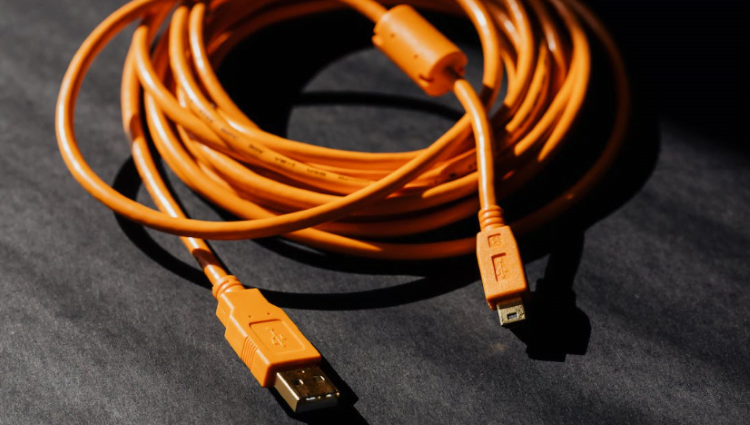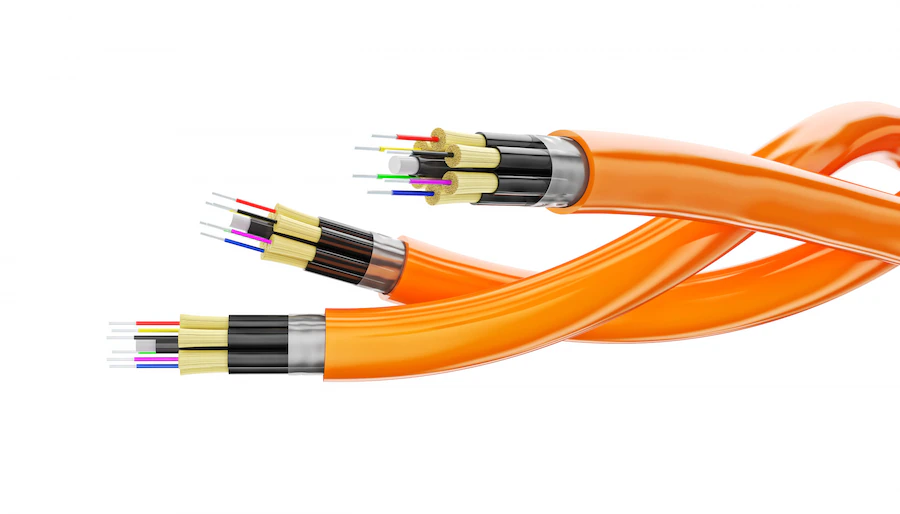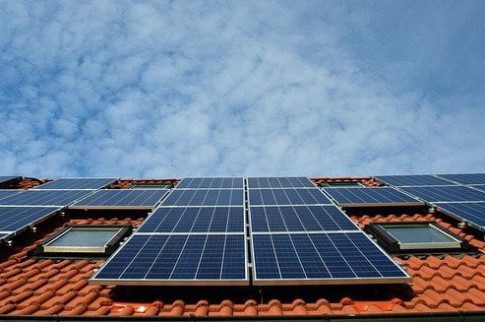The Many Forms Taken By Electricity Wires

Table Of Contents
There are a few common forms of electrical wiring that are used in homes and businesses. For the most part, electrical wiring consists of solid conductor wires, which are simply a single strand of metal.
Most applications for this wire entail rather low voltage levels. The second most common kind of wire is stranded conductor wire, which consists of numerous thin strands of metal.
This type of cable is typically used for high-voltage applications. Then, there’s a flexible conductor wire that is the most adaptable of the three. This type of wire is frequently used for applications that require the wire to be routed with ease.
Electricity Wires for electrical current can be put to many different purposes. Copper and aluminum are the most frequent materials for electrical cables, but steel is sometimes used. Every kind of wire has its advantages and disadvantages.
Which Electrical Cable Is The Most Cost-Effective Option?

There is an increase in demand for electrical cables. Given the range of possibilities, picking the most economically viable one is not always easy. Understanding the affordable electrical cable options and their prices will help you make a smart decision.
Before going shopping, it’s important to have a clear idea of the electrical cord’s intended purpose. The most cost-effective solution for your electrical wiring job will also be the cheapest. An HDMI cable is the best option if you need a new power cord for your home theater.
How Does One Define The Components of A Home’s Electrical Wiring System?

You should learn a few things about electrical wiring in your home. The two primary parts of your home’s electrical infrastructure are the service entry and distribution system.
The service entrance is where the utility company makes the connection between your home and the public utility grid. The rest of your home receives it via the distribution system and puts it to use by powering devices and appliances.
The electrical system in your home consists of outlets, switches, breakers, and wires. Appliances that need electricity can be connected to outlets. Switches control the electricity in your home, including the lights and appliances. Circuit breakers protect against overloads and potential fires. The term “wiring” refers to the system of wires used to connect the various components.
Which Type Of Wire Is Ideal For Homes?

The choice of wire gauge and type for a residential wiring project is contingent on a number of factors. Function, environment, and ampacity are the major factors to think about while selecting a wire.
Additionally, you must think about the conductor size, insulation, cable, and termination. Consider several factors when deciding on the appropriate wiring for your property. Initially, there is the gauge, or thickness, of the wire.
When conducting the same amount of current, a thicker wire will experience less heating than a thinner one. The material makeup of the wire is unimportant. The most common material for electrical wire is copper, but aluminum is also a good option. Last but not least, think about the insulation. PVC and rubber are the most widely used materials.
Read Also:
You May Also Like

April 7, 2022























